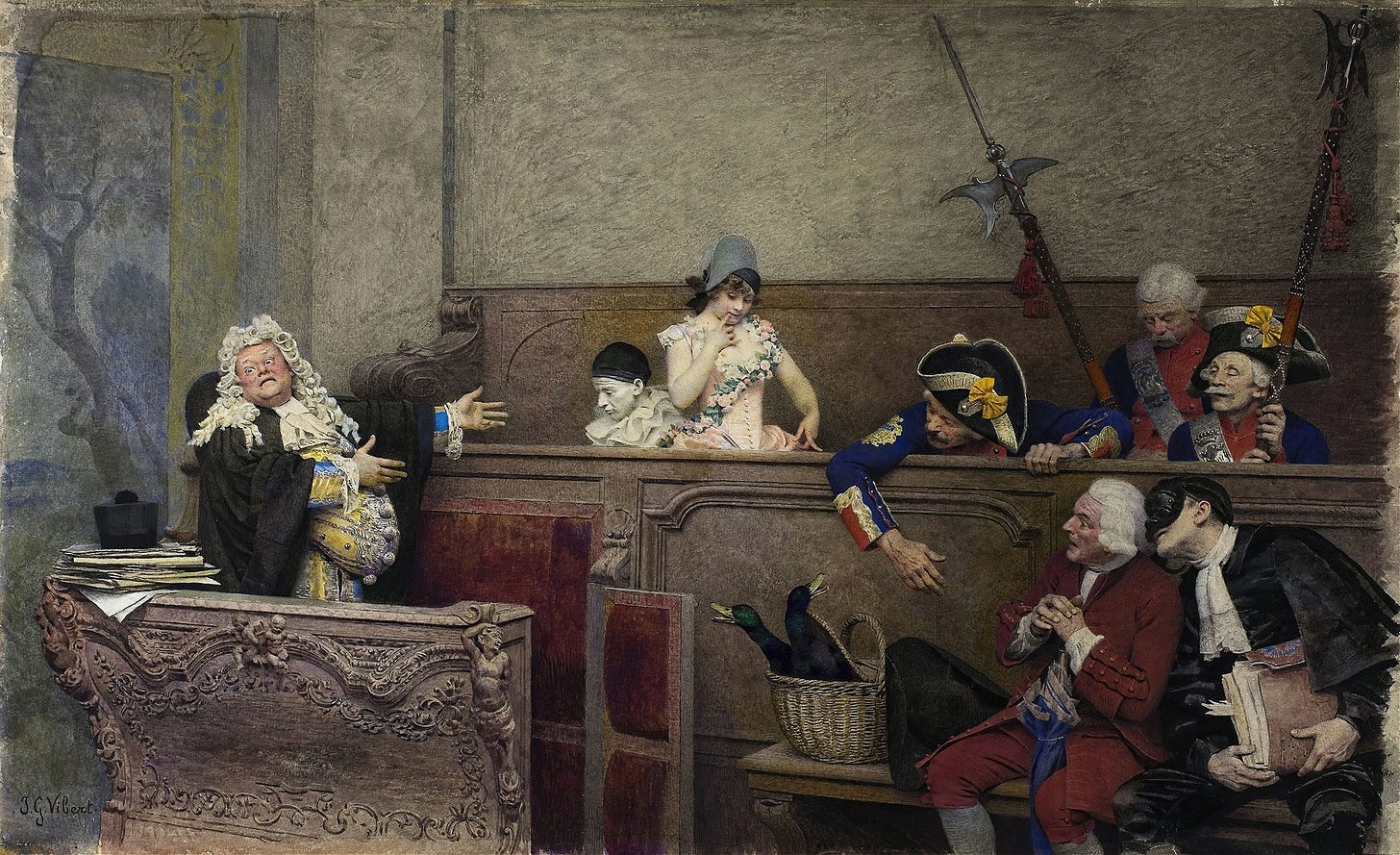Last week, we saw history unfold as Donald Trump was indicted by special counsel Jack Smith in a DC courthouse. To say that it was an unprecedented moment is to grossly undersell it. If anything, I don’t think people fully appreciate just how outside of “normal” we really are at this point. Let me explain.
I’m no lawyer, nor am I a close follower of leg…
Keep reading with a 7-day free trial
Subscribe to Wisdom of Crowds to keep reading this post and get 7 days of free access to the full post archives.





